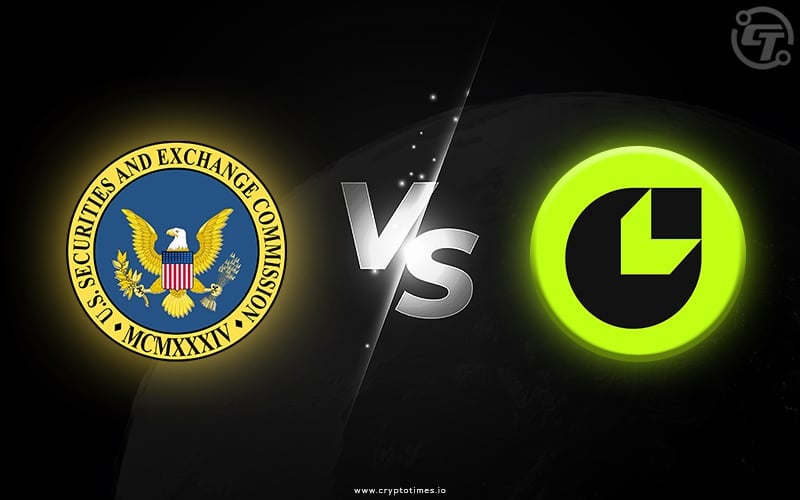The U.S. Securities and Exchange Commission (SEC) has moved to sue ConsenSys, a leading Ethereum software firm with MetaMask Wallet on the front line. The case was filed in the Eastern District of New York, alleging that MetaMask acted as an unregistered securities broker and provided services involving securities in the form of staking.
This legal challenge adds a significant layer of scrutiny to the firm just weeks after prior investigations concerning its activities were reportedly concluded.
Details of the SEC’s Claims
The SEC stated that MetaMask did not register as a broker and is involved in the selling and offering to facilitate transactions in investment contracts through staking services with Lido and Rocket Pool. These contracts involve investors staking ETH in return for tokens (stETH and rETH) representing their pro-rata interests in the staking pools operated by Lido and Rocket Pool on blockchain networks like Ethereum.
According to the SEC complaint, Consensys solicited potential investors, presented itself as a platform for buying and selling these investment contracts, and provided recommendations on which contract (Lido or Rocket Pool) offered potentially higher rewards. Upon investor instruction, Consensys executed these transactions on behalf of investors through its MetaMask Staking software.
Specifically, the process involved Consensys managing investors’ assets by transferring ETH from their MetaMask wallets to the MM Staking Router Smart Contract. Subsequently, these funds were directed to the proxy smart contracts maintained by Lido or Rocket Pool. Upon completion of the staking process, Consensys facilitated the transfer of newly acquired tokens (stETH or rETH) back into investors’ MetaMask Wallets.
Per the SEC these services are deemed investment contracts and thus fall under the category of unregistered securities. Sec asserts that
This lawsuit surfaced just after the SEC concluded separate investigations into ConsenSys’ activities related to Ethereum, highlighting ongoing regulatory scrutiny.
Financial Implications for ConsenSys
The SEC’s filings reveal that ConsenSys has amassed over $250 million in fees from these operations, underscoring the financial scale at which MetaMask has been operating. The lawsuit marks a turn in the regulatory landscape for crypto firms, especially following a period of apparent reprieve when ConsenSys received letters from the SEC, which did not specifically mention MetaMask.
This legal development could set a precedent for other crypto wallets and staking services, signaling increased regulatory intervention in the DeFi sector. As ConsenSys navigates this challenge, the entire cryptocurrency community watches closely, anticipating potential ripple effects that could reshape compliance and operational strategies across the industry.
Also Read: Coinbase Sues SEC and FDIC Over FOIA Noncompliance






